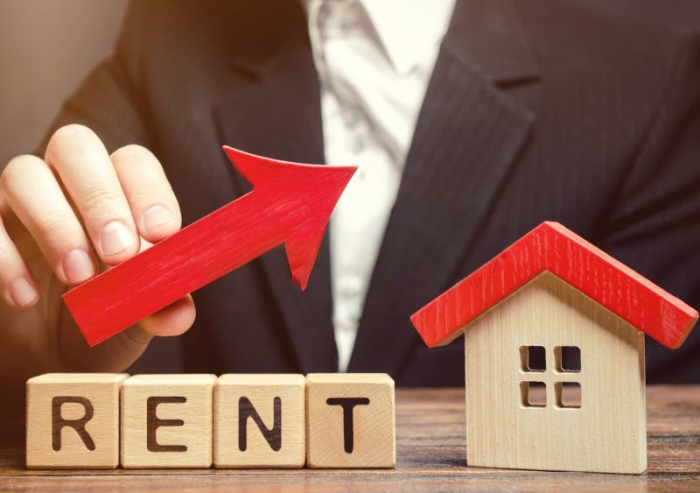BY: Ubong Usoro
Rent is a fundamental expense for many Nigerians who do not own properties, but for residents of Abuja, it has become an overwhelming financial burden.
The dream of homeownership is slipping further away due to a struggling economy, and rental prices have surged at an alarming rate.
Over the past two years, housing costs in the capital city have increased by as much as 300% in some areas, leaving tenants frustrated and financially strained.
An investigative survey conducted by Housing TV across various districts in Abuja has revealed the extent of this crisis.
Renters in high-demand areas such as Lugbe, Jahi, Jikwoyi, and Kabusa are now paying nearly double or triple what they did in 2023. In Lugbe, a one-bedroom apartment that previously cost ₦400,000 now goes for ₦600,000, while a two-bedroom unit has jumped from ₦500,000 to ₦800,000.

In the upscale district of Jahi, rental increases have been even more extreme, with studio apartments now costing up to ₦1 million, reflecting a 300% hike.
Areas like Jikwoyi, once considered affordable, have also seen rent for one-bedroom apartments double from ₦600,000 to ₦1.2 million. Even traditionally low-cost neighborhoods such as Kabusa have been affected, with studio apartments that once went for ₦150,000 now reaching ₦400,000.
Landlords and property owners cite multiple factors for the rent surge. The rising cost of building materials, particularly cement, iron rods, and roofing sheets, has made construction and property maintenance significantly more expensive.
Inflation and the devaluation of the naira have further fueled the crisis, leading property owners to adjust rent prices to cope with the economic downturn.
The removal of fuel subsidies and increased electricity tariffs have also driven up the cost of living, adding more pressure on both landlords and tenants. Additionally, Abuja’s growing population and increasing demand for housing have intensified competition for available rental properties, pushing prices even higher.
The residents bearing the brunt of these skyrocketing rents have voiced their struggles and concerns. In Durumi, Mr. Ali Lucas shared how the rent for a single-room apartment has jumped from between ₦100,000to ₦190,000 to ₦250,000. He emphasized the urgent need for government intervention, particularly in regulating the cost of building materials.
In Galadimawa, Mazi Kenneth Maduako lamented that self-contained apartments now cost ₦400,000, while one-bedroom units have surged past ₦1 million.
Many tenants feel trapped in a cycle where their incomes remain stagnant, but their housing expenses continue to climb at an unsustainable rate.
To address this crisis, experts and residents alike are calling for immediate government action. They suggest that authorities should regulate the cost of construction materials, introduce affordable housing projects for low-income earners, and reform the mortgage system to make homeownership more accessible.
Without such measures, Abuja’s housing market could push more residents into substandard living conditions or force them to relocate to distant, less developed areas.
The Abuja rent crisis is not just a housing issue, it is an economic emergency affecting livelihoods and financial stability. With some areas experiencing a 300% increase in rent within two years, the question remains: Will Abuja’s rent prices ever stabilize, or will residents continue to bear the brunt of an unregulated market?



